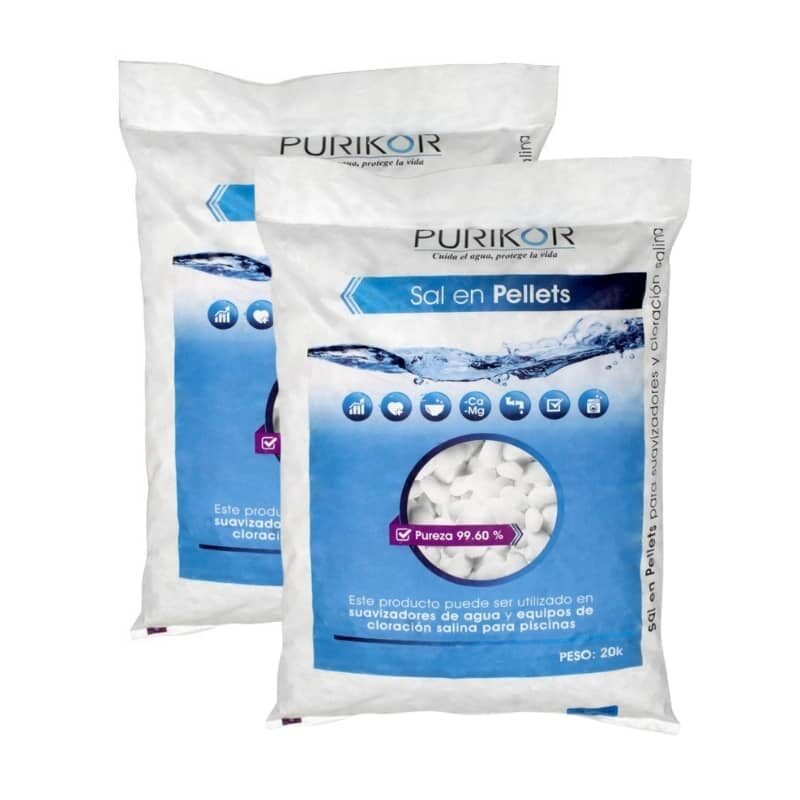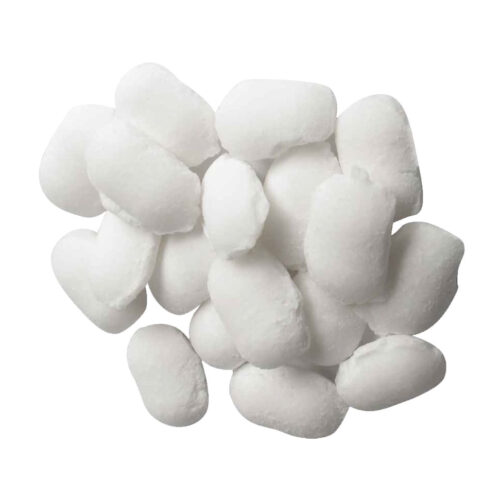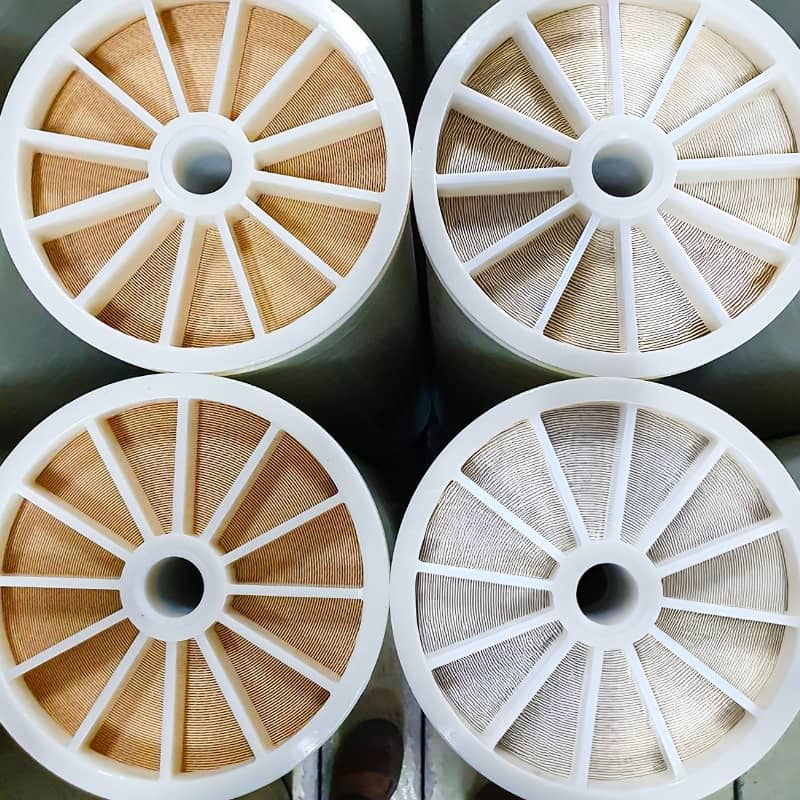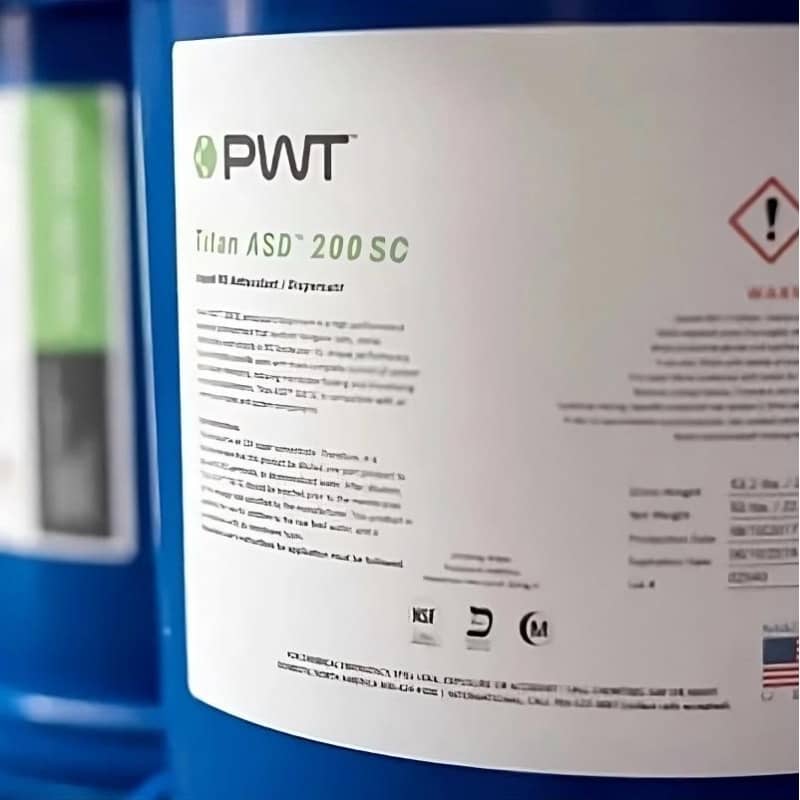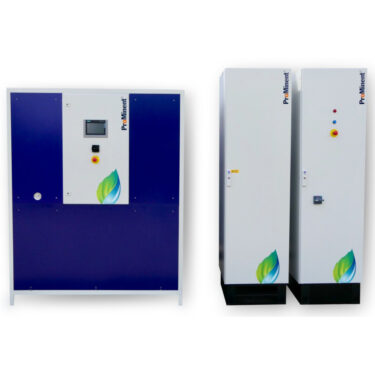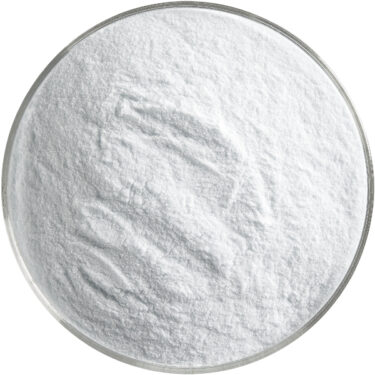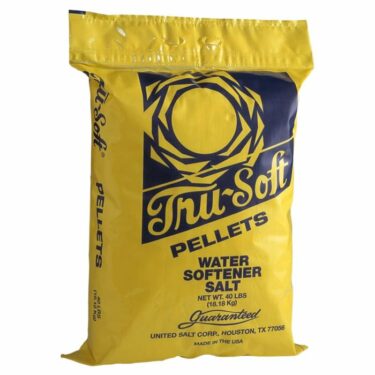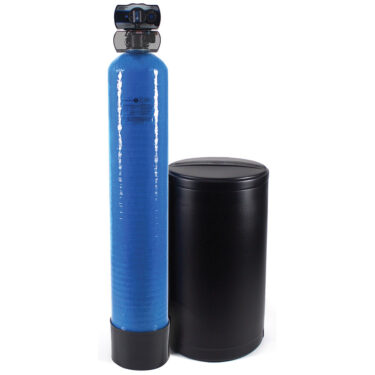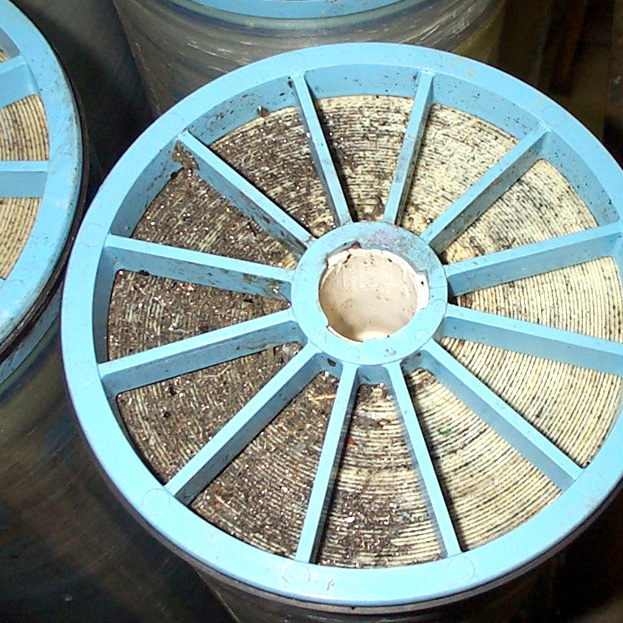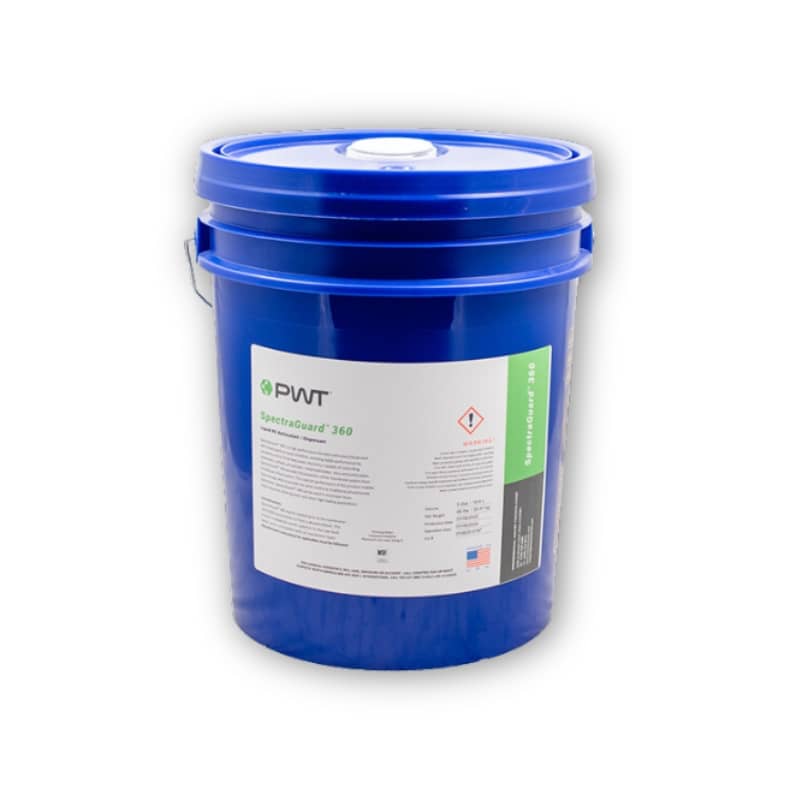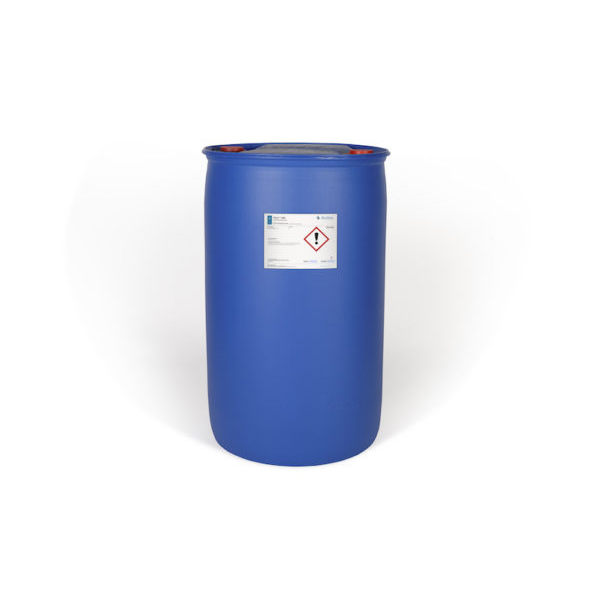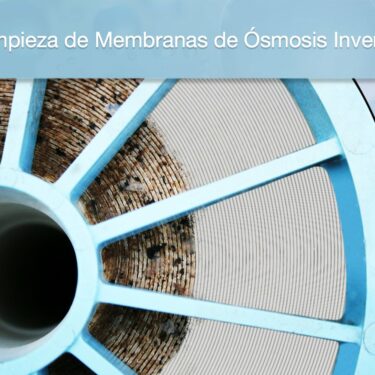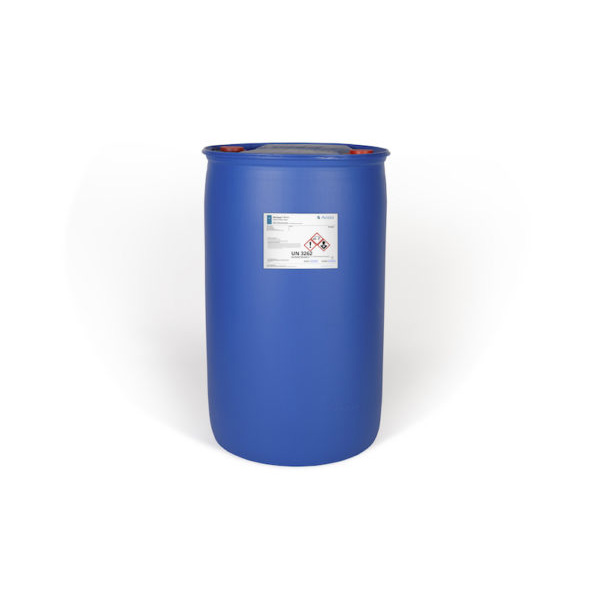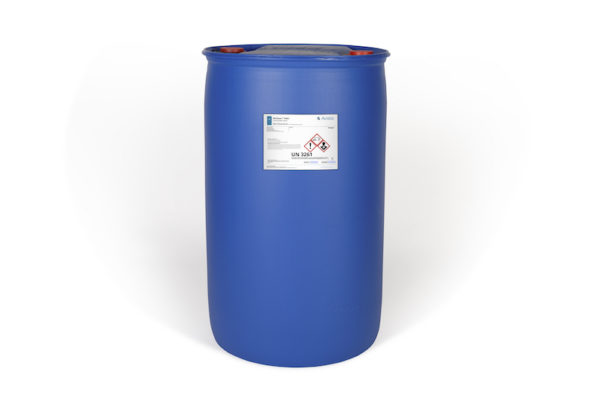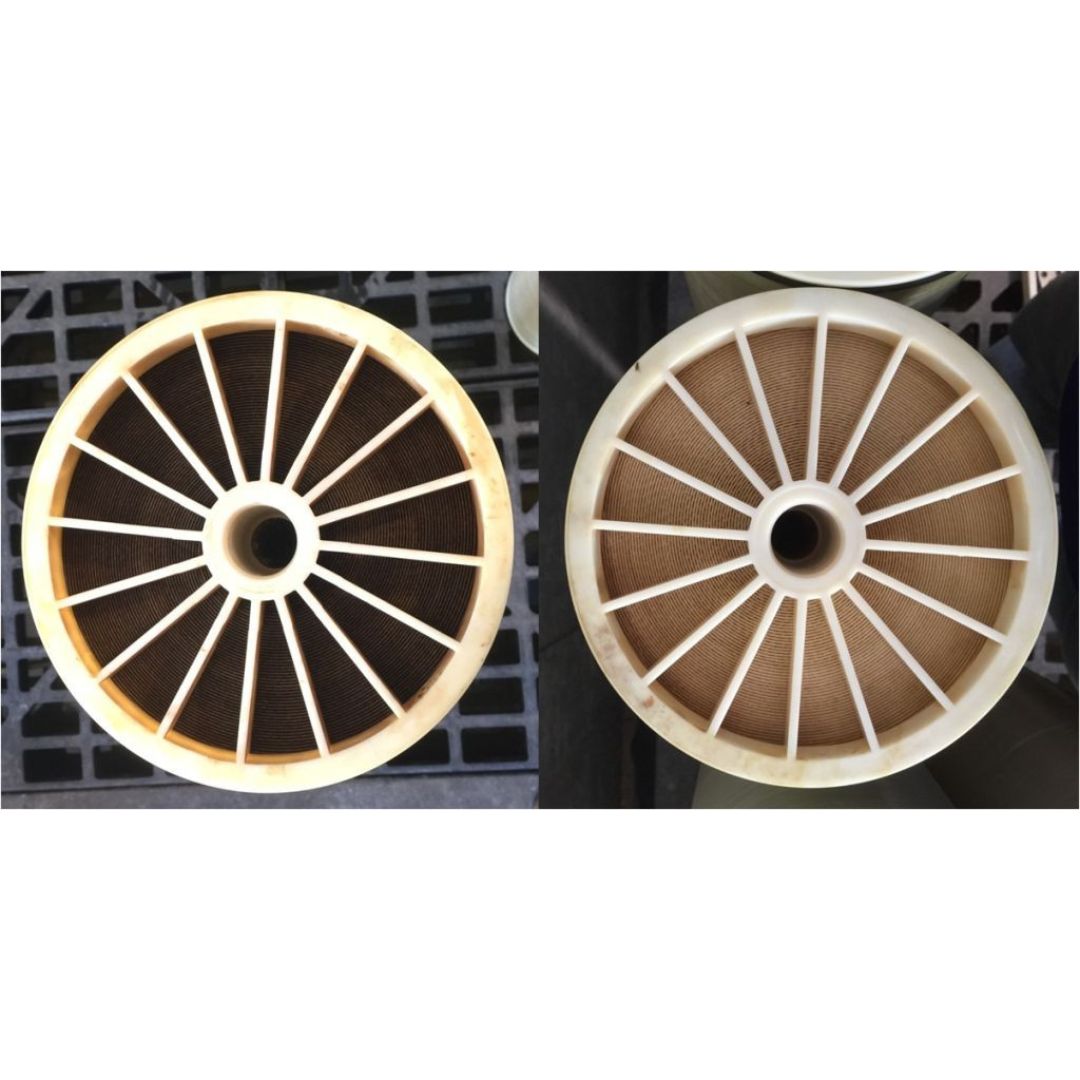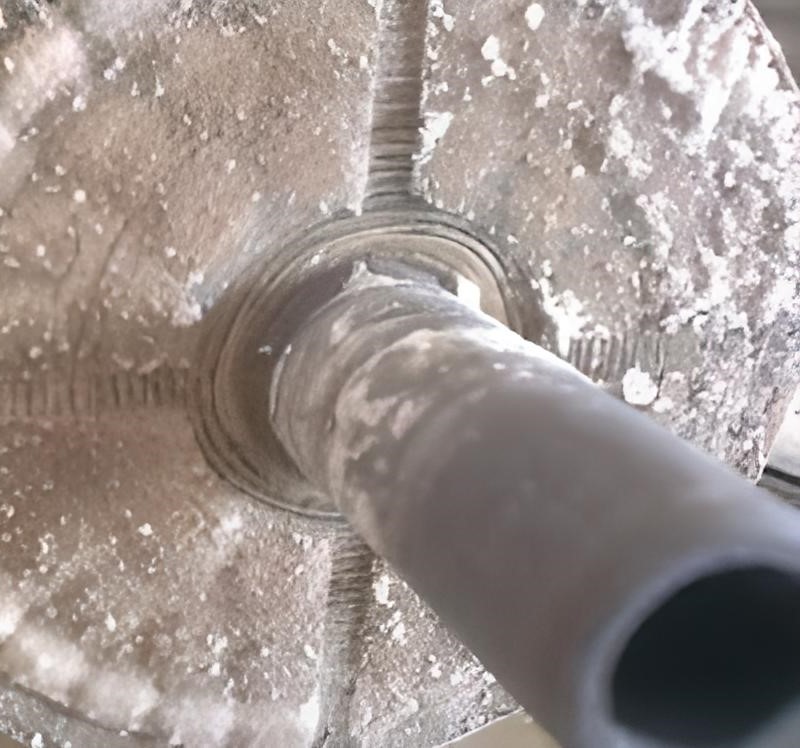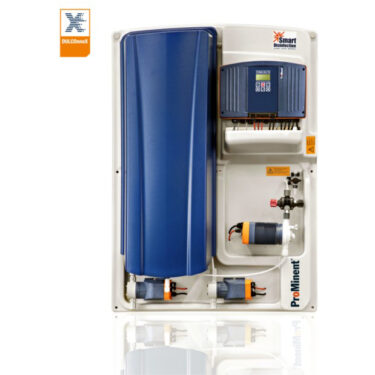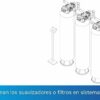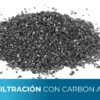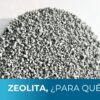Description
Purikor brand water softener salt (pellets)
The salt in the water softener is the sodium needed for the ion exchange process.
The salt is stored in a tank in the system and then decomposed during water softening, leaving only the sodium (note that salt in its full form is called sodium chloride). The calcium and magnesium minerals in hard water have a positive charge and are therefore attracted to the resin particles.
The ion exchange process takes place in a tank containing negatively charged resin beads.
The following storage conditions are recommended: It should be stored at a temperature below 30°C and relative humidity below 70%.
What is the best salt for water softeners? Evaporated salt
Many water softener manufacturers consider evaporated salt granules to be the best choice. These granules have been distilled to 99.90% pure salt. One method of doing this involves forcing water into subway salt deposits. The salt is pumped upwards, where it is treated with heat and vacuum equipment.
Advantages of this water softener salt.
Because evaporated salt is so pure, its use reduces maintenance requirements for brine tanks. Salt does not become soft or form salt bridges as easily as other more impure types.
Storage conditions of Purikor pelletized salt:
- In addition, each bag should be stored at a temperature below 30°C and relative humidity below 70%.
- As well as the environment must be clean and free of aromas.
Characteristics:
Finally, each bag of salt weighs 20 kg. and its dimensions are: 38 cm. wide x 54 cm. high approximately.
|
Code
|
Presentation
|
Physicochemical Characteristics | ||||
| Sodium Chloride NaCI (purity) |
% Sulfates (SO4) | % Calcium (Ca) | Magnesium (Mg) | Solids insoluble in water | ||
| P_118017 | PELET (granules) | 99.6-99.8 | 0.25-0.40 | 0.07-0.15 | 0.05-0.15 | 0.03-0.10 |
Applications of salt pellets:
- Water Treatment
- Regeneration of resins
- Ion exchange
- Saline chlorination
Do you need to quote resin and salt for your softener?
Contact us at: 33 38340906.

